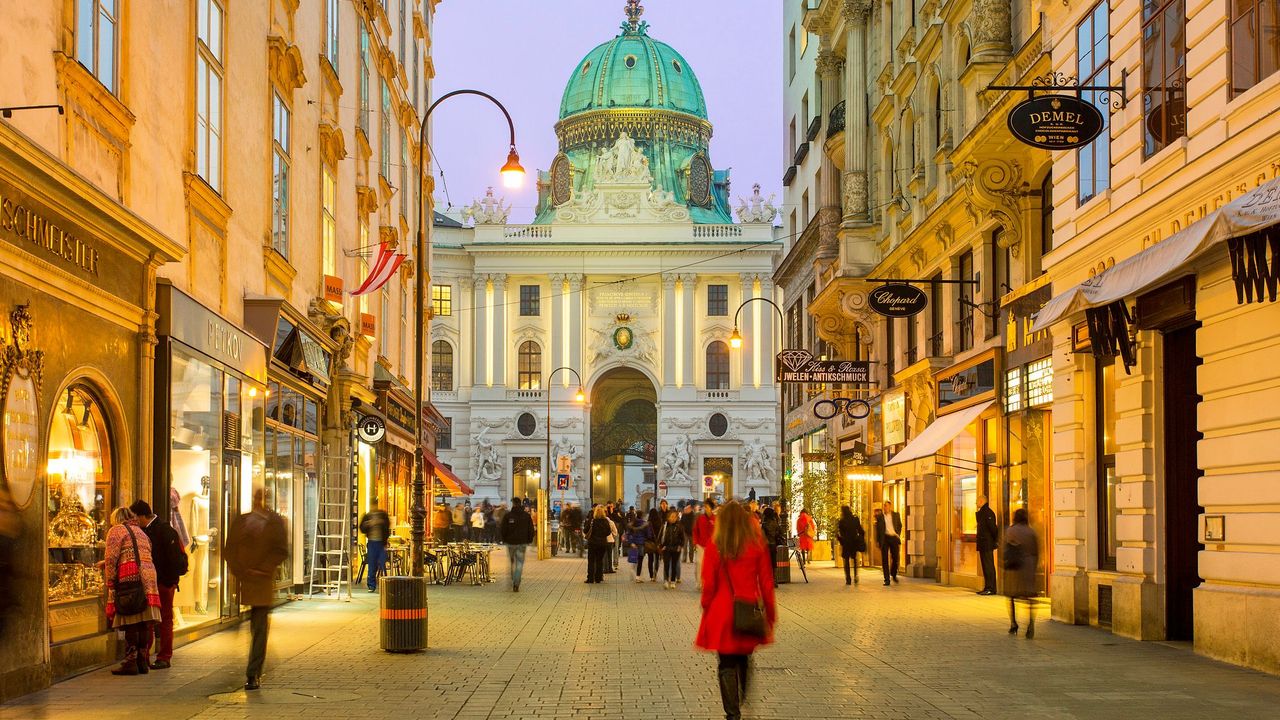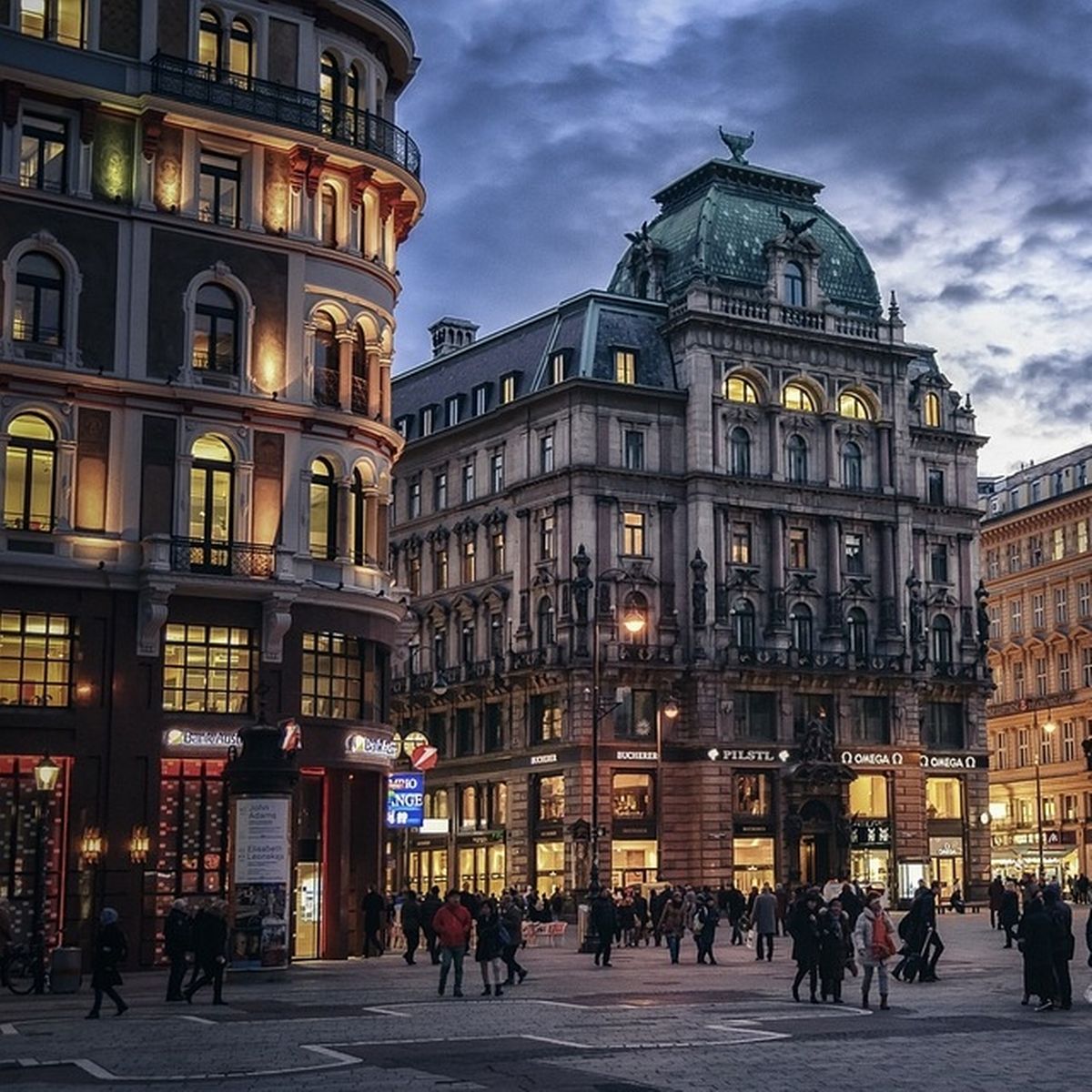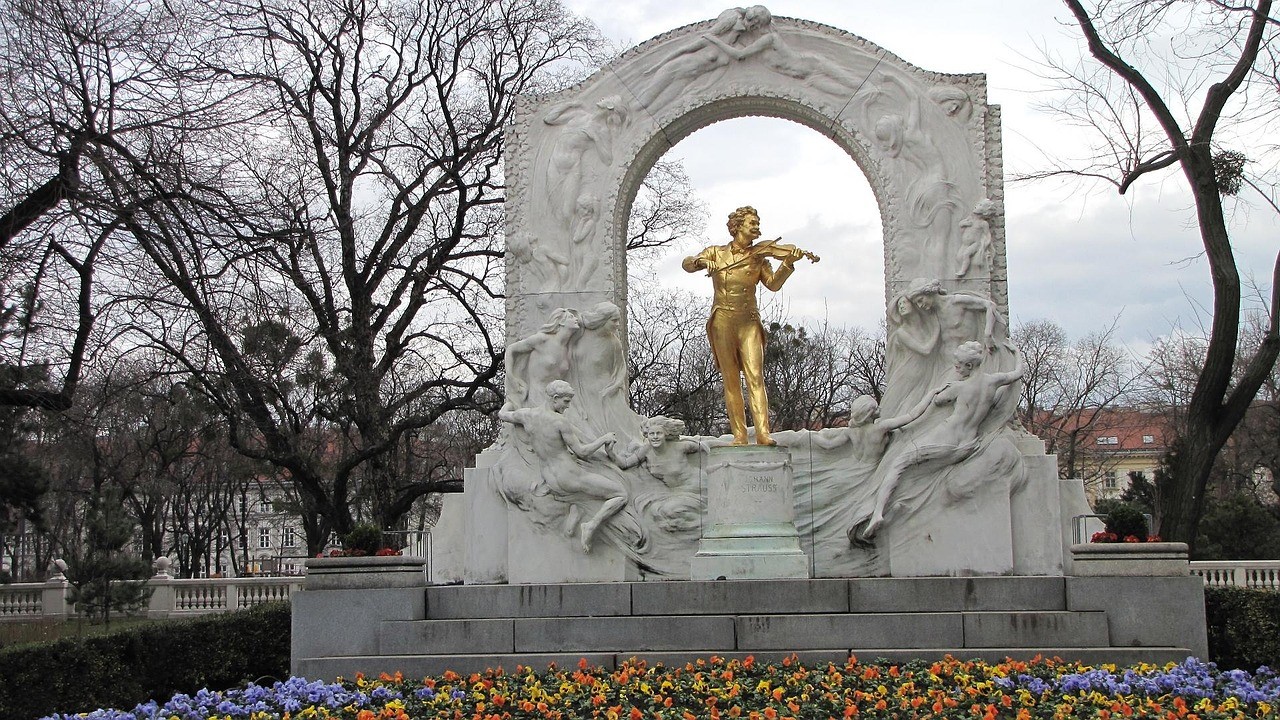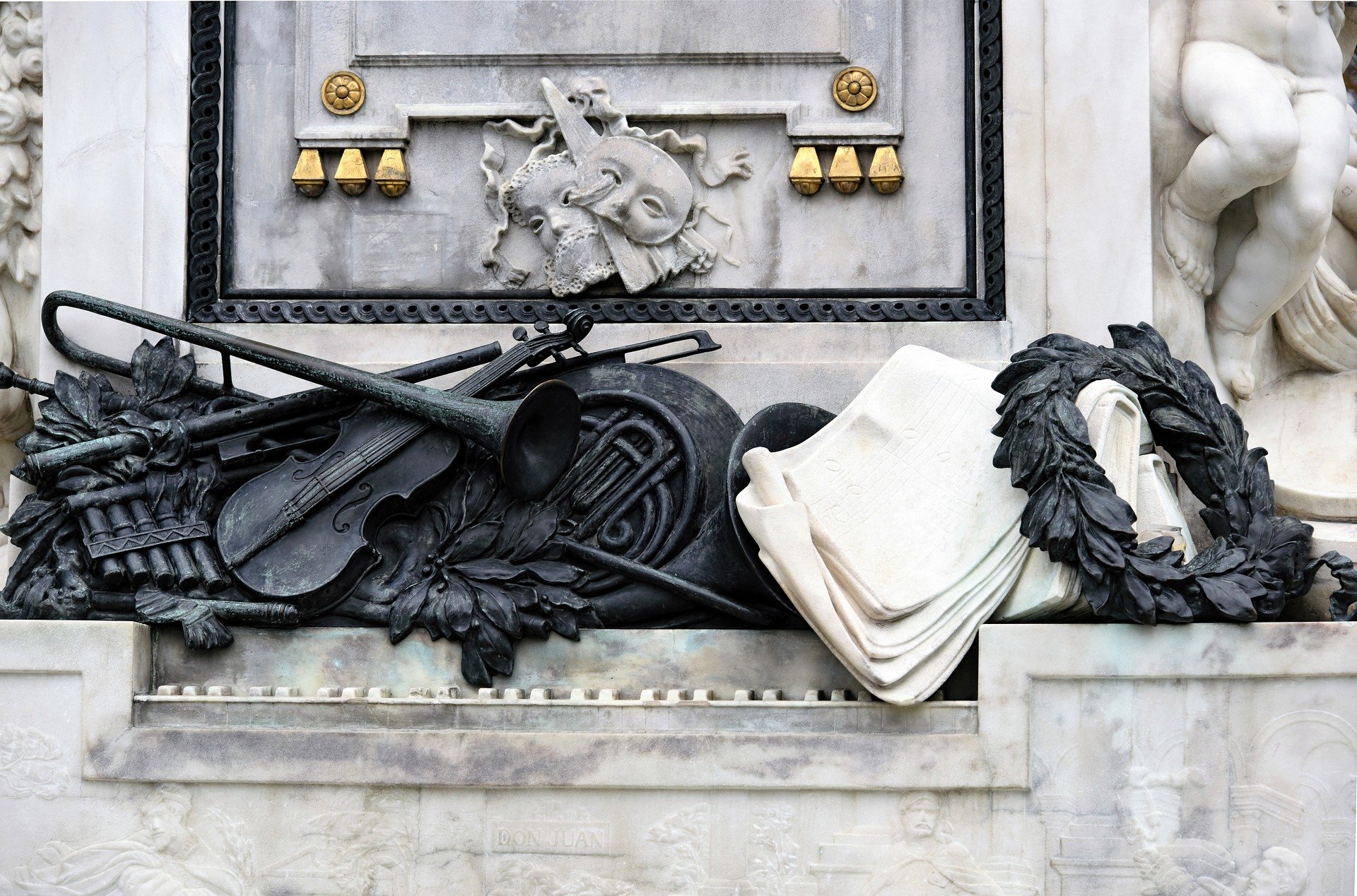Vienna: A City of Streets Paved with Culture
Every December, I visit Vienna. Although many people think I go there for Christmas shopping, the reasons behind my visits actually lie somewhere else altogether. It’s hard to describe how I feel as I stroll through the streets of this beautiful city, but if you harbour even a slight fondness for the city, you will definitely know what I’m talking about. Vienna is saturated with history, culture and a love of beauty. It is different, peaceful, mysterious and magical. It’s true that the Christmas lights help you to fall in love with the city immediately, but it’s a love that lasts a lifetime. Perhaps even more than the famous Sachertorte, it is classical music that is the true symbol of Vienna. Throughout the year, the concert halls of the Austrian capital resound with the melodies of the greatest composers of all time.

Classical music is played in the churches, the theatres and the historic buildings in the city centre. Wherever there is an audience, you can expect to find musicians performing the works of Mozart, Beethoven and other great composers, many of whom lived in Vienna. The theatres and squares, as well as the main churches, are all venues for concerts of classical music, which has an important role in the musical evenings celebrating the arrival of the New Year. Vienna’s New Year’s Eve and New Year’s concerts are an institution that is recognised well beyond the borders of Austria.
While visiting Vienna, don’t miss the opportunity to walk in the footsteps of great artists. At Domgasse 5, you can view the apartment where Mozart once lived with his family, which today serves as a museum. It’s the only of Mozart’s homes to have survived until this day. Even deeper footsteps were left by Beethoven, who spent 35 years in Vienna. A great deal of information about Beethoven’s life in Vienna is preserved by the Pasqualati House, which is located at Mölker Bastei 8. In Vienna, you can also visit Schubert’s birthplace (Nußdorfer Straße 54), as well as his last place of residence (Kettenbrückengasse 4). Let’s not forget the Konzerthaus, which is an important point of reference for European classical music. It was inaugurated in 1913 and renovated and enlarged in 2000. Today it houses four concert halls, which can accommodate from 300 to 1800 guests.

Schubert was the only composer who knew how to turn the melancholy of Vienna into sounds that come to full expression in the winter and cut to the bone. In this decaying and decadent capital, where the boundaries between life and death are blurred and the uncertainty of existence is keenly felt, Schubert’s music can almost be heard in the air. Vienna is like a city from a fairy tale. The Baroque imperial palaces recall the splendour of the Habsburg court and the charm of Princess Sissi. It is also a surprising capital, where tradition and modernity intertwine perfectly. In the movie Frost/Nixon (2008, directed by Ron Howard) there is a humorous dialogue that says a lot about the city:
“I’ve never been to Vienna.”
“Ah, you’d love it. It’s like Paris, but without the French.”
The twentieth century would have been very different without Vienna. There was a moment when it seemed that the ideas that painted the portrait of our troubled modernity could only arise in Vienna. It was Vienna (and not Paris) where Freud, Mahler, Schnitzler, Klimt and Schoenberg all worked. Vienna was the capital of the twentieth century.

Vienna has become known as the capital of classical music due to the important role that music has had in the history of the city since the times of the Habsburg Empire, as well as the fact that music is still an undisputed protagonist of life in the Austrian capital. But don’t be fooled by the classical soul of the city: Vienna is characterised by the coexistence of tradition and modernity. This is a special feature of its personality. The best way to discover the classical face of Vienna is to immerse yourself in the notes of symphonies and sonatas, as well as the sonority of the piano. The air in this beautiful city is always filled with history and a love of music. As Karl Kraus once said: “The streets of Vienna are paved with culture, the streets of other cities with asphalt.”
